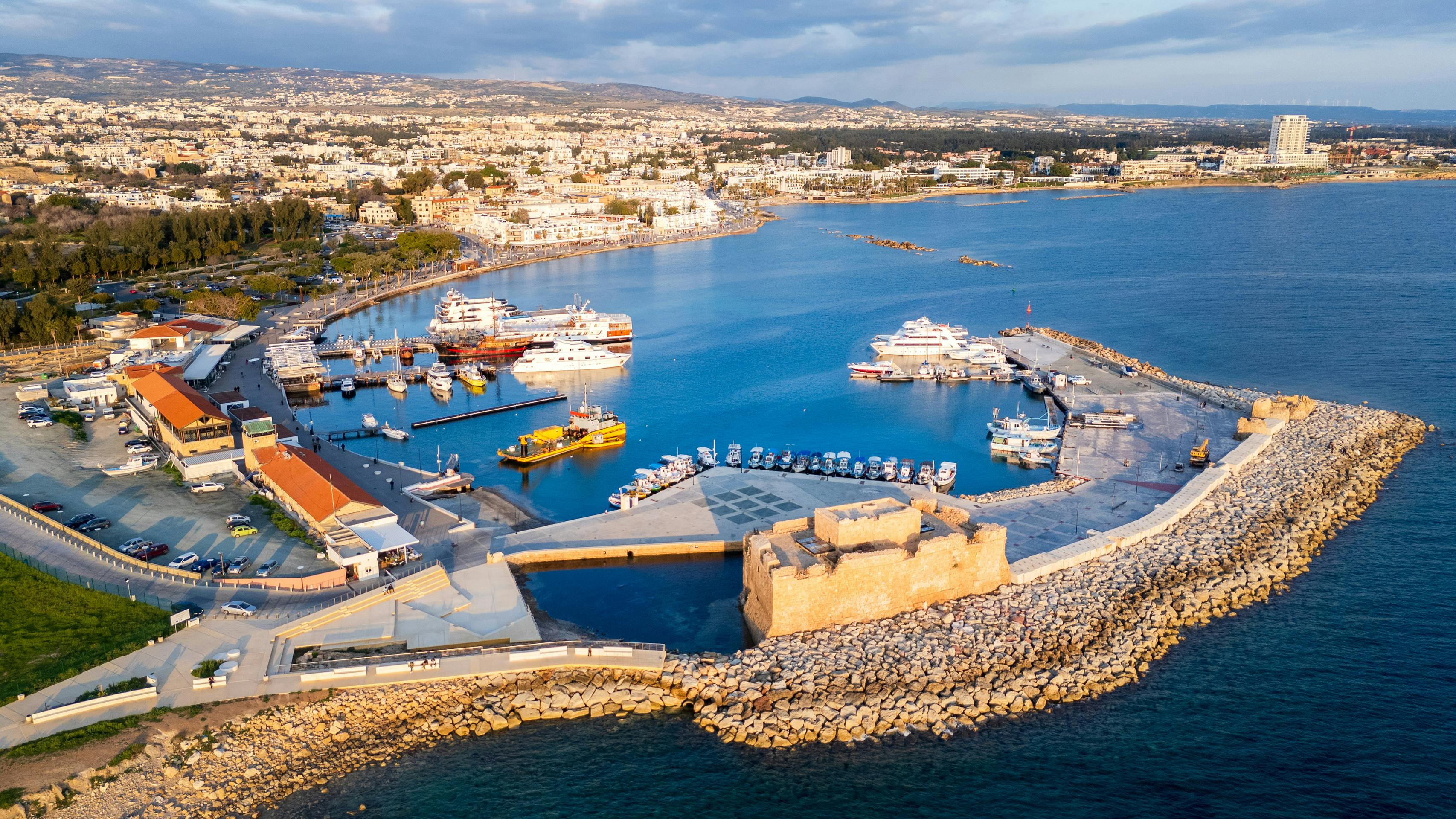Paphos businesses expressed strong concern over bureaucracy, stalled development projects, and high energy costs at the annual general assembly of the Paphos Chamber of Commerce and Industry (Evel).
During the meeting, which was held on Monday afternoon, officials also called for structural reforms to boost competitiveness.
During the event, Cyprus Chamber of Commerce and Industry (Keve) president Stavros Stavrou and the president of the Paphos Chamber of Commerce (Evep) George Mais both referred to the uncertainty of the international economic environment, expressing hope that the recent Gaza peace agreement would help improve the global climate, even as the Ukraine–Russia conflict remains unresolved.
Stavrou said that infrastructure projects are essential for the country’s growth and should be completed on schedule and within budget.
Moreover, he voiced concern over electricity prices, stressing that subsidies are not a sustainable solution as they burden public finances.
He added that the Keve believes it is now time for the country’s energy plans to tangibly benefit both consumers and the economy, while noting weaknesses in sectors where reforms have already been attempted.
Mais, in turn, described the current challenges facing businesses, citing the effects of instability in the Middle East, inflationary pressures, and high interest rates.
He also criticised what he called the “indecisiveness of the political system” to move ahead with necessary reforms.
He urged the government to act swiftly across multiple levels to strengthen entrepreneurship, proposing targeted tax and urban-planning incentives to encourage investment, mergers, and corporate restructuring.
Furthermore, he called for a simpler regulatory framework and faster justice delivery, alongside a more balanced approach from banks in assessing credit requests and liquidity.
“It is unacceptable for businesses, in addition to the risks they already take, to face excessive bureaucracy and institutional inadequacies on a daily basis,” Mais said.
He added that digital transformation and public-sector reform must accelerate if Cyprus is to improve its business environment and service quality.
Despite progress so far, he noted, “we are still far from the desired levels.”
Mais also criticised the lack of staffing at the Paphos’ EOA, saying it remains unable to fulfil its mission a year and a half after its operation began.
“We have shown understanding and patience,” he said.
“However, this patience, which seems to have been misunderstood, is turning into indignation”, Mais concluded.
Speaking at the same event, Minister of Energy, George Papanastasiou described Paphos as a place of “prospects and opportunities”, stressing that close cooperation between the public and private sectors can ensure sustainable, fair, and inclusive development.
He expressed confidence that Paphos can become “a model of regional development and business excellence”, adding that its entrepreneurs “continue to innovate, turning challenges into opportunities and supporting the Cypriot economy with determination.”
Papanastasiou said the Ministry remains in close contact with local business leaders and recognises their role in driving regional progress.
He also outlined a series of targeted support programmes encouraging innovation, circular economy practices, and the digital and energy upgrading of enterprises.
For the 2021–2027 programming period, he said, €363 million has been secured for business support, including €226 million under the Thaleia programme and €137 million from the EU Recovery and Resilience Mechanism and the REPowerEU Plan.
A particular priority, he noted, is the upgrading and modernisation of industrial areas.
Referring specifically to the Industrial Area of Ayia Varvara in the Paphos district, he said the Ministry has filed a lawsuit through the general attorney over illegal livestock units built near industrial premises. Legal proceedings, he added, are ongoing.
At the same time, he said that last October the Ministry announced a lease tender for three industrial plots in the same area, further enhancing its development prospects.
Papanastasiou underlined that the Ministry continues to strengthen the export efforts of Cypriot businesses through the export helpdesk and overseas trade centres, which connect local companies with foreign importers.
These initiatives, he noted, include participation in international exhibitions, product tastings, promotional campaigns, and sponsorship schemes aimed at boosting the visibility of Cypriot products and services abroad.
He also added that a national strategy for promoting services internationally was completed in 2025, focusing on sectors such as technology and shipping, while progress continues on the establishment of the “Products of Cyprus” national branding scheme.
“These efforts, always supportive of your own initiatives for extroversion, are paying off,” he said, noting that services exports rose to €28.7 billion in 2024 from €14.9 billion in 2020.
Meanwhile, exports of domestic products, excluding fossil fuels, also increased by 2.3 per cent in 2024 to €1.24bn, while total exports including petroleum products reached €2.43bn, up 2.6 per cent year on year.






Click here to change your cookie preferences